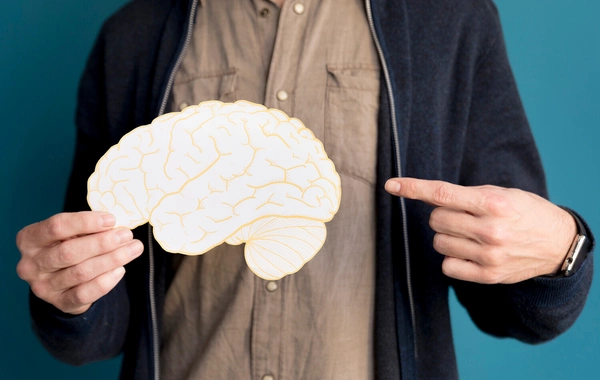Medications that silently kill the liver have been identified

Liver - the main filter of the body. It processes everything: food, alcohol, toxins, and medications.
And while some medications truly heal, others can have a destructive effect on the liver. This is especially true for people who take medications frequently, for long periods, or without a doctor's prescription.
It's important to understand: the liver doesn't hurt. It doesn't send signals until it's too late. Therefore, it's important to know which medications can be dangerous and how to minimize harm.
Pain medications
Common analgesics that can be purchased at any pharmacy without a prescription can be toxic to the liver when exceeding the dose or with regular use. It's especially dangerous to combine them with alcohol - this creates a double burden, from which liver cells literally begin to break down.
Antibiotics
Even those prescribed by a doctor can have a toxic effect. Some of them directly damage liver cells, others cause inflammation or disrupt bile flow. Repeated courses or combinations with other medications are particularly dangerous.
Antifungal agents
Medications for treating fungal infections, especially systemic ones, put a heavy strain on the liver. They can disrupt its function, especially with prolonged use or in people with existing liver diseases.
Anticonvulsant medications and treatments for mental disorders
Some of these affect the liver's enzyme systems and can cause toxic reactions. Patients may develop signs of liver damage weeks or months after starting treatment.
Hormonal medications
Hormone-based medications, such as some contraceptive pills or replacement therapy drugs, can cause bile stasis or inflammatory processes in the liver. This can lead to long-term disruption of its function.
Supplements and herbal remedies
Many people think that herbal preparations are safe, but this is not true. Some herbs, especially in high doses, can be toxic to the liver. For example, those containing St. John's wort, Caucasian hellebore, alkaloids, and other active components.
How to protect the liver
- Don't self-medicate. Even over-the-counter medications can be dangerous.
- Don't combine medications with alcohol.
- Follow the dosage and duration of treatment.
- If treatment is long-term - regularly check liver enzymes.
- If symptoms such as heaviness in the right side, nausea, darkening of urine, or yellowing of the skin appear - see a doctor immediately.
The liver doesn't forgive carelessness. Sometimes the harm from pills becomes evident only when it's already difficult to restore the organ. Therefore, a conscious approach to medications is not just about health care, it's a way to preserve life.
Similar News
New depression development mechanism found in the brain
Scientists from the University of Wisconsin have discovered that astrocytes - supporting cells of the central nervous system - play a crucial role in the develo...




 Azərbaycanca
Azərbaycanca  По-русски
По-русски  English
English 





